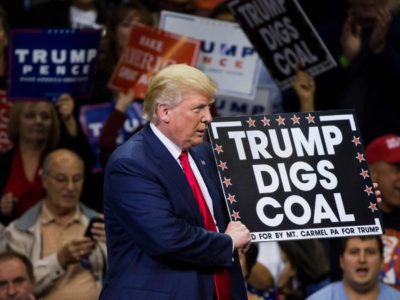The Perverse Growth of the “Job Killing” Meme
As unemployment goes down and down, talk about “job killing regulations” goes up and up.
We’ve had a number of posts about the claim that regulations cause major job losses. The evidence doesn’t support this claim. (See this post from October). But the claim at least seemed understandable in the depths of the recession, when people were desperately worried about unemployment. The weird thing is that as unemployment has gone steadily downward since 2009, there’s more and more talk about “job killing regulations.” It’s a bit like anorexia, in which the thinner people get, the more they obsess about how fat they are.
The trends are very clear. For instance, a google search by date for ‘job killing regulations’, got about 120,000 hits for 2015, when the unemployment rate was 5.3% at mid-year and 142 million Americans had non-farm jobs. In 2011, also the year before a Presidential election, mid-year unemployment was 9.1% and employment was only 132 million. Yet there were only 53,000 mentions of job killing regulations that year. In other words, as 8 million new jobs were created and unemployment dropped by nearly half, talk about “job killing regulations” more than doubled.
I’m not just cherry-picking data here. The same trend comes out every year between 2009, when unemployment peaked, and today. Each year, as unemployment has gone down and the number of nonfarm jobs has gone up, there is more on-line talk about job killing regulations.
That’s truly bizarre. Based on that trend, if unemployment dropped to zero, the amount of talk about job killing regulations would double again!
I can only speculate about the reasons for this perverse correlation between worried about job loss and increased employment. One thing that makes this possible is the fact that most people have no real idea of what the unemployment rate is at any given time. It’s also possible that people who have just got their jobs back are feeling especially insecure about the idea of losing them again. Or maybe that the meme appeals to people in particular sectors or regions where there has been job loss, even though those losses are offset by greater growth elsewhere. Or maybe this is just another sign of how some segments of society have left the “reality-based community.”
Whatever the reason, it’s very peculiar that good economic news just leads to more strident warnings about how bad things are. We live in strange times.







Reader Comments